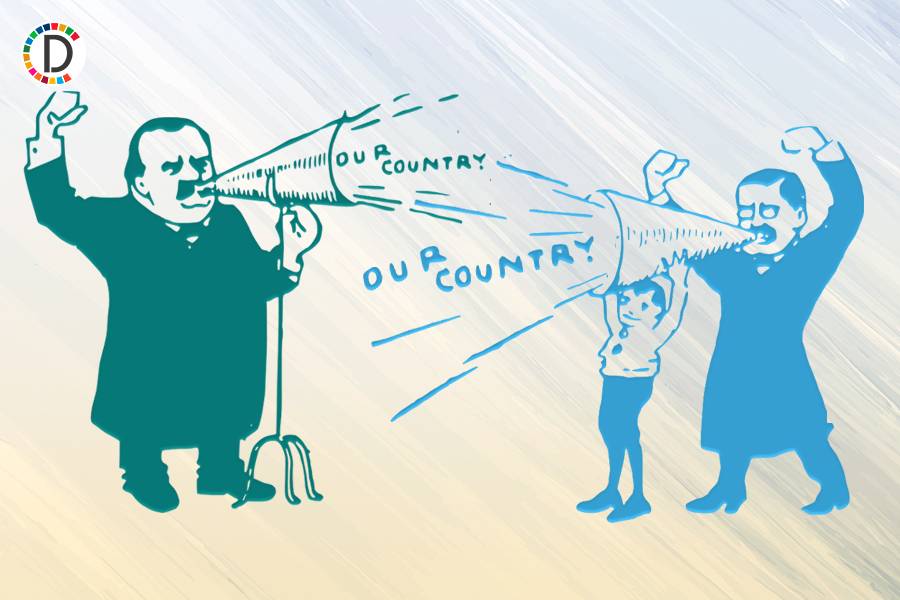Luis Abinader Begins Second Term with Economic Growth and Social Reforms
Dominican Republic President Luis Abinader commenced his second four-year term vowing economic growth, social reforms, and a critical stance on Venezuela's recent elections. The 57-year-old former businessman secured 58% of the vote in May. Abinader's plans include promoting private investment, doubling the GDP by 2036, improving labor rights, and enhancing security.

Dominican Republic leader Luis Abinader began his second four-year term as president on Friday, pledging economic growth and implementing social reforms while criticizing the aftermath of Venezuela's recent elections.
Abinader, a 57-year-old former businessman, secured another term by winning 58% of the vote in May, running on a pro-business platform with strict policies on corruption and migration from Haiti.
"There's no magical solution for success, but we have a simple recipe to achieve it," Abinader said during the livestreamed ceremony. He committed to boosting private investment, enhancing transparency in public spending, and aiming to double the Dominican Republic's $113 billion GDP by 2036.
The ceremony was attended by political and private sector figures, including the presidents of Panama, Uruguay, and Paraguay. Abinader outlined reforms to improve labor rights, social protection, and uphold the independence of the electoral body, along with measures to prevent future presidents from exceeding the constitutionally-mandated two-term limit. Abinader's Modern Revolutionary Party holds a strong majority in both legislative houses, facilitating the passage of laws.
Abinader also criticized political violence and the lack of transparency in Venezuela's recent elections. Regional leaders are expected to discuss these election outcomes during the event. The Dominican Republic, opposing Venezuela's ratification of President Nicolas Maduro, is among several nations with severed diplomatic ties with Venezuela.
Abinader announced plans to enhance security by training 20,000 additional police officers over the next four years. The Dominican Republic has deported hundreds of thousands of Haitian migrants, strengthening its border amid ongoing gang conflicts in Haiti. Abinader emphasized the need for a long-awaited security mission in Haiti but ruled out the Dominican Republic's intervention.
Noteworthy cabinet appointments included economist Joel Santos as minister of mines and energy, Jose Ignacio Paliza as minister of the presidency, and the continuation of key financial administrators in their roles. Abinader's administration will focus on exploiting resources like the Puerto Viejo gold mine and maintaining the nation's position as a crucial ferronickel supplier.
(With inputs from agencies.)










